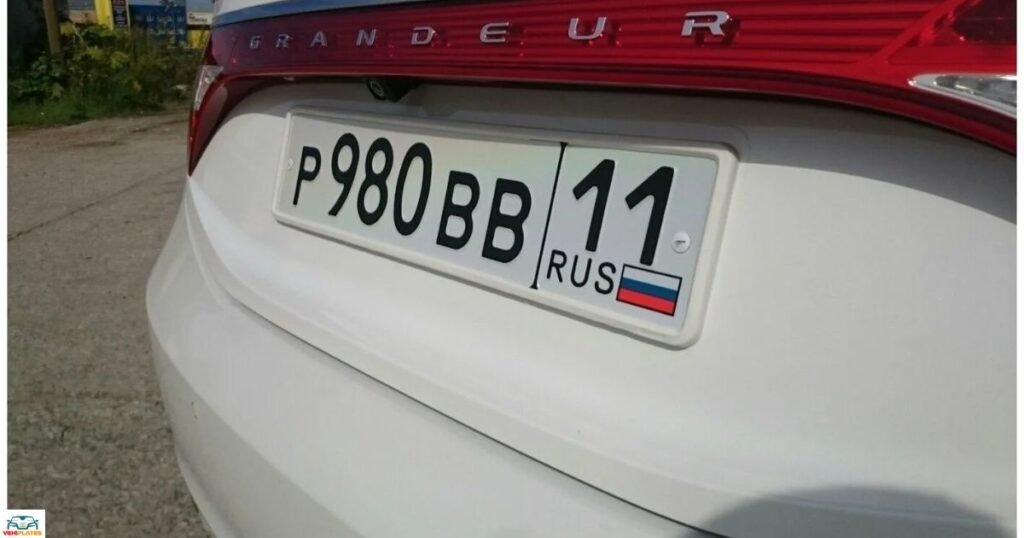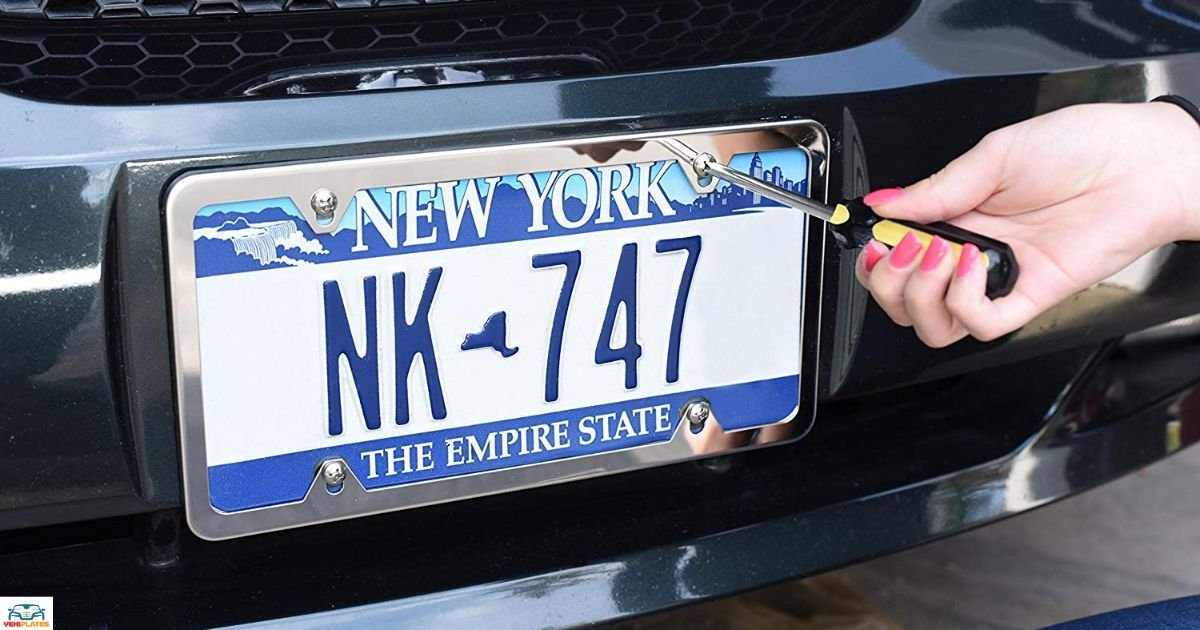When it comes to securing your license plate to your vehicle, choosing the right bolts is essential. License plate bolts come in various sizes, but determining the correct size can sometimes be confusing for drivers.
In this comprehensive guide, we will delve into the intricacies of license plate bolts, exploring their sizes, types, and importance in ensuring your license plate remains securely attached to your vehicle.
Understanding License Plate Bolt Sizes
License plate bolts are typically categorized by their thread size, length, and head type. The most common thread sizes for license plate bolts are 1/4-20, M6-1.0, and M6-1.25.
The first number represents the diameter of the bolt in inches or millimeters, while the second number denotes the thread pitch or the distance between threads. For instance, a 1/4-20 bolt has a 1/4-inch diameter with 20 threads per inch.
Length Considerations
- Length considerations for license plate bolts are crucial to ensure proper installation without protruding excessively or failing to securely fasten the plate.
- Bolts ranging from 3/4 to 1 inch in length are typically suitable for most applications, but it’s essential to assess the vehicle’s mounting location and the presence of a license plate frame.
- Selecting bolts that are too short may result in inadequate fastening, while bolts that are too long can protrude and potentially cause damage.
- By choosing the appropriate length based on your specific vehicle and mounting setup, you can ensure a secure and aesthetically pleasing installation of your license plate.
Head Types

Different head styles, such as hex, round, and flat heads, are available for license plate bolts. When placed, flat-headed bolts are flush with the surface, giving the appearance of being sleek. Bolts with a round head have a small protrusion and are simpler to tighten.
Hex-headed bolts provide increased security against tampering and need to be installed with a wrench or socket. Have you heard about the ‘What Is PAVL License Plate?’ technology. It’s an innovative system designed to enhance vehicle identification and security.
Material Composition
- License plate bolts are commonly made from stainless steel, zinc-plated steel, or nylon.
- Stainless steel bolts offer high resistance to corrosion, ideal for outdoor use.
- Zinc-plated steel bolts provide good corrosion resistance at a more affordable price point.
- Nylon bolts, lightweight and non-corrosive, may be less durable compared to metal bolts.
Importance of Proper Installation
In order to keep the license plate from coming loose or disconnected while driving, the bolts must be installed correctly.
Under tightening bolts could cause the license plate to come loose, while over tightening them could harm the plate or the vehicle’s mounting surface. It is imperative to adhere to the torque specifications specified by the manufacturer for the bolts.
License Plate Bolt Replacement

| Consideration | Description |
| Wear and Damage | Inspect bolts regularly for signs of wear or damage. |
| Matching Specifications | Ensure replacement bolts match original specifications. |
| Environmental Factors | Consider environmental conditions for material choice. |
| Proper Torque | Follow manufacturer’s recommendations for torque. |
| Compliance Check | Ensure replacement bolts comply with local regulations. |
Regular inspection and adherence to manufacturer’s recommendations are crucial for effective license plate bolt replacement, ensuring compliance with regulations like ‘What Side Of Trailer Does License Plate Go?’
Legal Considerations
The use of appropriate bolts and frames is one of the many laws that regulate license plate attachment in various jurisdictions. Breaking these regulations may result in imposing penalties or fines.
It’s crucial to become knowledgeable about the applicable local rules and make sure your license plate is safely and legally fastened to your car.
Tips for Choosing License Plate Bolts

Consider the Environment: If you live in a coastal area or an area with harsh weather conditions, opt for stainless steel bolts for enhanced corrosion resistance.
Match Thread Size and Pitch: Ensure that the thread size and pitch of the bolts match the mounting holes on your vehicle and the license plate.
Inspect Regularly: Periodically inspect your license plate bolts for signs of wear or corrosion. Replace them as needed to maintain optimal security.
FAQ’s
What are the common thread sizes for license plate bolts?
License plate bolts commonly come in thread sizes such as 1/4-20, M6-1.0, and M6-1.25.
How do I determine the length of license plate bolts I need?
Choose bolts that are 3/4 to 1 inch in length, ensuring they are sufficient to securely fasten the plate without protruding excessively.
What materials are license plate bolts typically made from?
Common manufacturers make license plate bolts from stainless steel, zinc-plated steel, or nylon.
Conclusion
Though they might not seem like much, license plate bolts are essential to making sure your license plate is kept firmly fastened to your car.
Choosing the appropriate bolts is essential to preserving safety and legality when driving. This applies whether you’re changing out old or damaged bolts or installing a new license plate.
Choosing the appropriate bolts is essential to preserving safety and legality when driving. This applies whether you’re changing out old or damaged bolts or installing a new license plate.










